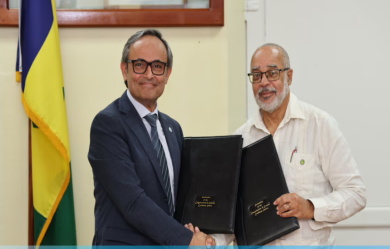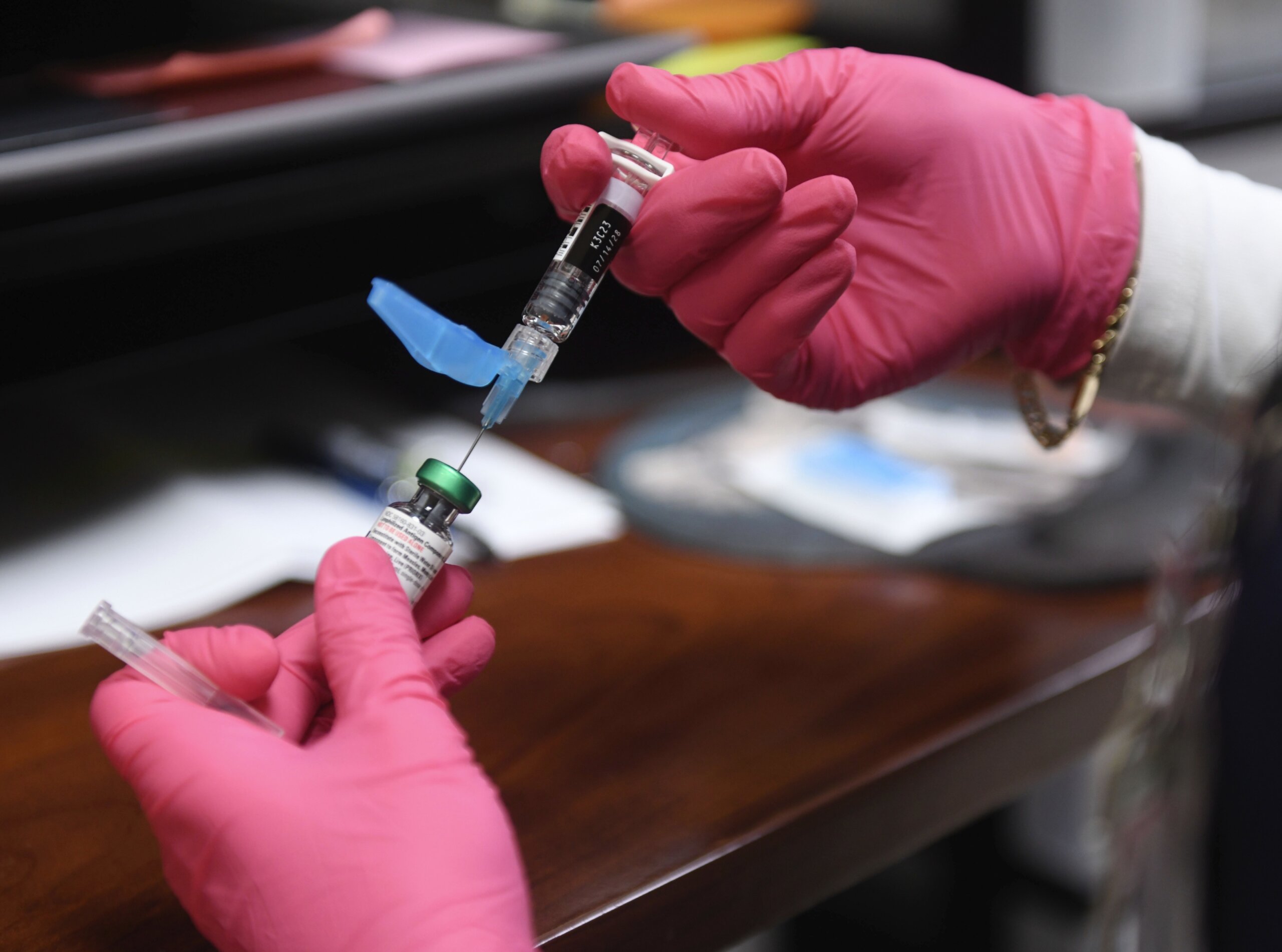It’s statistically official: Access to health care worse in P.E.I. than in any other province

Maggie Campbell and her husband are raising three children who are all prone to illness, but any medical attention the family from New Annan, P.E.I., gets has to come through an emergency department.
She and her husband had the same doctor in Summerside for their whole lives, until he retired. They’ve been on P.E.I.’s Patient Registry waiting for a primary care physician or nurse practitioner for around two years now.
During that time, their youngest son has come down with respiratory syncytial virus (RSV) four times, the first case when he was just seven weeks old.
“If we have to take [our son] to the emergency room, the care there is great, but afterwards there’s weeks and weeks of lung troubles … rashes, all kinds of fever, everything else,” Campbell said.
“There’s nowhere to go, there’s no doctor to talk to even just to get advice. It’s exhausting.”

The Campbells are far from alone.
According to the latest data from Statistics Canada, Prince Edward Island ranks last among all the provinces when it comes to the share of the population with access to a regular health-care provider.
In 2022, 76 per cent of Islanders surveyed said they had a regular provider, a drop of nine percentage points from three years before. The national average was 86 per cent.
Dr. Krista Cassell, president of the Medical Society of P.E.I., said the figures once again show the need to bring and keep more family doctors in the province.
“Our bench is a lot shorter, so one or two vacancies really means more ice time for the rest of us,” she said.

“Now really is the time to focus efforts on recruitment and retention of physicians. We know that we may have to be innovative in this regard — we may have to involve community partners and people who haven’t been involved in this space before.”
‘It’s horrible to watch’
A recent consultant’s report said a lack of access to family doctors means Prince Edward Islanders are being admitted to hospital “with more advanced illnesses that have gone untreated or not been identified at earlier stages.”
That’s something Campbell worries about every time she takes her children to the emergency department.
We know that we need bodies on the ground. There’s just no question about it.— Dr. Krista Cassell
“I will avoid the emergency room at all costs because I can’t sit there and watch all the people who are in actual emergency situations suffering and nothing happening. It’s horrible to watch,” she said. “Who’s going to wait 15 hours for a stomach bug or a flu bug or a head cold?
“But when you’re not sure, your only option is to go to the emergency room.”
During last year’s election, the PCs promised to open enough new medical homes to be able to remove everyone from the patient registry by the end of 2024, leaving no Islanders without a primary care provider.
As the date to achieve that gets closer, the goal itself gets farther out of reach — 1,000 more people have been added to the registry in the past month alone, to bring the total to 36,001.
New Annan resident Maggie Campbell talks about the challenges and fears involved in raising three young kids without a family doctor — and with only a hospital emergency department to lean on.
“Whether it’s achievable or not, I think that huge efforts need to be made on behalf of Islanders,” Cassell said. “There are still significant barriers in the system to hiring and getting people on the ground working, and this has been called out a number of times in P.E.I.
“We know that we need bodies on the ground. There’s just no question about it.”
No one from the provincial Department of Health or Health P.E.I. was made available to CBC News for an interview on the statistics.
Meanwhile, Campbell and her husband are not optimistic they’ll have a family doctor by the end of the year. All she can do is hope the situation improves soon so that they don’t have to wait for hours at the emergency department.
“We don’t care who the doctors are or where they come from, we just need help,” she said.
“We live in Canada; health care has always been amazing here. But now there’s a fear … anytime a kid gets the sniffles or has a fever, it’s instant.”
link







